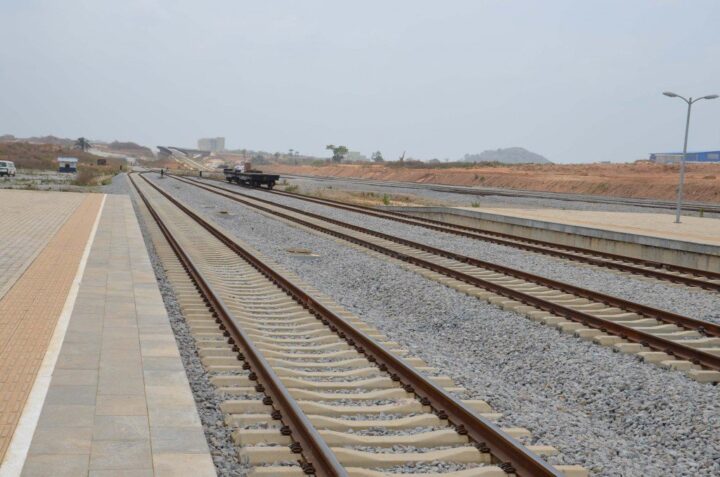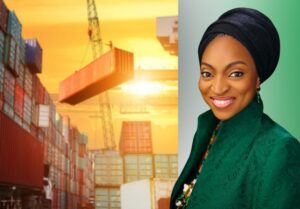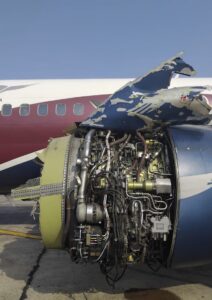
Mu’azu Sambo, minister of transportation, has issued an ultimatum to the China Civil Engineering Construction Corporation (CCECC) on upholding an agreement on funding for rail projects in Nigeria.
According to Sambo, the projects are the Kano-Kaduna and the Port Harcourt-Maiduguri rail lines.
At the groundbreaking ceremony for the Port Harcourt-Maiduguri rail project in March 2021, President Muhammadu Buhari had announced that the rail projects will be co-financed by Chinese lenders — who will provide 85 percent of the cost — and the federal government — 15 percent.
The Kano-Kaduna rail project was flagged off in July 2021.
In February, Rotimi Amaechi, former minister of transportation, had said lack of adequate funding may slow down the pace of work on the Kano-Kaduna railway project.
Speaking on Saturday at the inspection of the Lekki deep seaport in Lagos, Sambo lamented the slow pace of construction on the rail lines.
“The CCECC have not brought anything to the table. I gave them a deadline which is October 30. If I don’t get that money on ground, I know what to advise Mr President to do,” he said.
Sambo, who expressed satisfaction with the Lekki deep seaport project, said initiatives are on ground to ensure smooth evacuation of cargo at the port.
“I am impressed and happy to be back here. This we know is the pride of all Nigerians — first deep sea port in West Africa that will take the largest ship in the world, have 16.5 meters depth, and will give us hundreds and thousands of jobs,” he said.
“Almost automated not fully but automated enough to make life easy for port operations — it is initiatives like this we want to encourage.
“That is why I did not hesitate when I came to the ministry and I saw a proposal of the Badagry deep seaport sitting on my table and took it immediately for approval.
“Also, the president is concerned about cargo evacuation at the port and does not want a repeat of the Apapa and TinCan port, and so, we cannot rely on the road alone which is not the best option.
“There is a need to sit down with stakeholders to see how to tackle this.”
He said automation, modern technology and equipment save time spent at the port.
Sambo urged the management of the port to employ as many Nigerians as possible.
On his part, Mohammed Bello-Koko, managing director of the Nigerian Ports Authority (NPA), said the Lekki deep seaport is one of the first solutions to reducing traffic at Apapa and TinCan.
According to Bello-Koko, the automation system deployed at the port is “commendable and fantastic”, as the processes will be free of human interference.
He said the Apapa and TinCan port would still be viable, adding that what has been done is to create an alternative for importers and exporters on where they would decide to do business.






